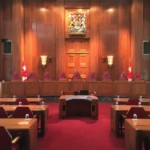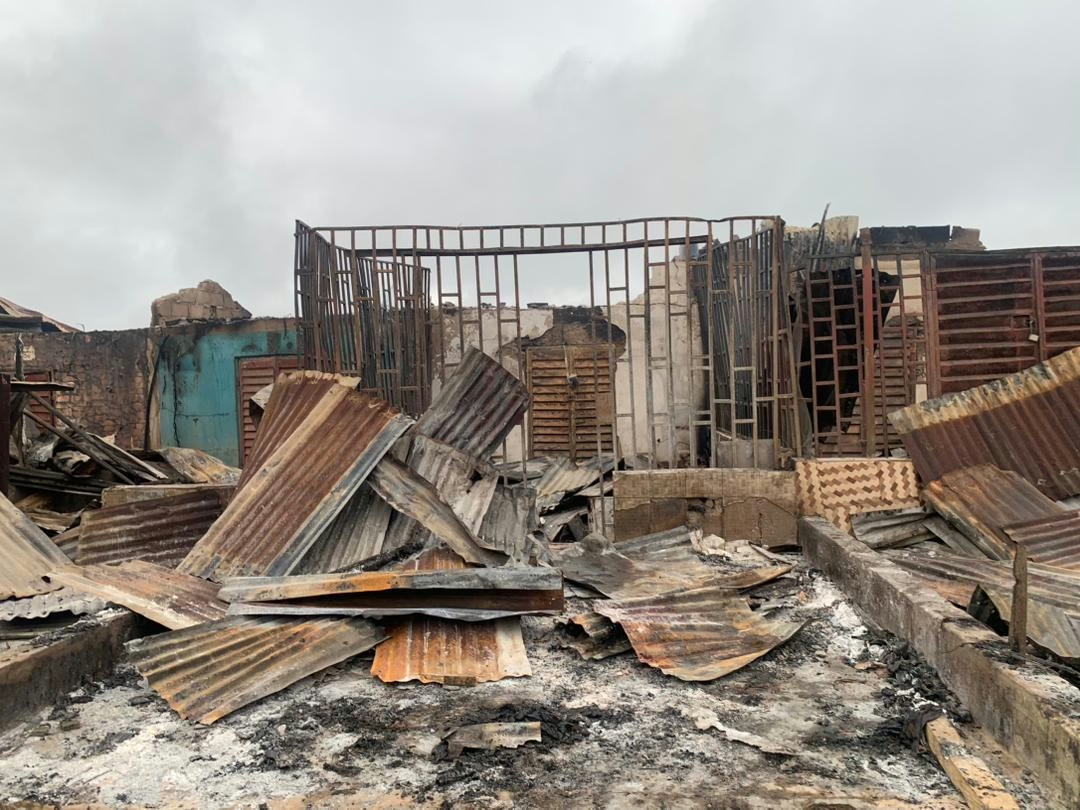The Corps Marshal of the Federal Road Safety Corps, Shehu Mohammed, has said arming road safety personnel may be necessary to ensure effective enforcement of traffic laws on Nigerian highways.
Speaking on Arise News on Thursday, Mohammed explained that his officers often face enormous risks when attempting to stop heavy-duty vehicles, making enforcement difficult without stronger powers.
“How do you stop a trailer or a tanker on the road? How do you just do that? It’s very, very difficult. A truck, especially a truck with probably 100 passengers on top, with animals, and you only have four personnel as a team on patrol, and trying to stop a trailer, how do you do that?” he asked.
The FRSC boss argued that without adequate “power of cohesion,” enforcement would remain ineffective. “If you don’t have the power to enforce anything, there’s no way you can achieve that enforcement,” he said.
On allegations of bribery and extortion, Mohammed admitted that misconduct exists but maintained that the corps has one of the strictest disciplinary systems among Nigerian agencies. “We have more records of termination and dismissal of our personnel because of bribe and corruption,” he stated.
He also clarified the official driver’s licence fees, noting that they remain ₦15,000 for three years and ₦21,000 for five years, while apologising to Nigerians for delays in processing. He assured that an enhanced and more efficient licensing system would be introduced in October.
Calls to arm FRSC personnel are not new. In October 2024, the House of Representatives passed a bill at second reading seeking to establish an Armed Road Safety Corps, a specialised unit empowered to carry weapons. While proponents argue it would improve road law enforcement, critics warn of possible abuse, intimidation, and over-militarisation of road policing.
Despite the controversy, Mohammed said the corps will continue to advocate for tools that will enable it to carry out its mandate effectively.
“Road safety will continue to deliver its mandate as enshrined in the FRSC Act,” he added.











Leave a Reply